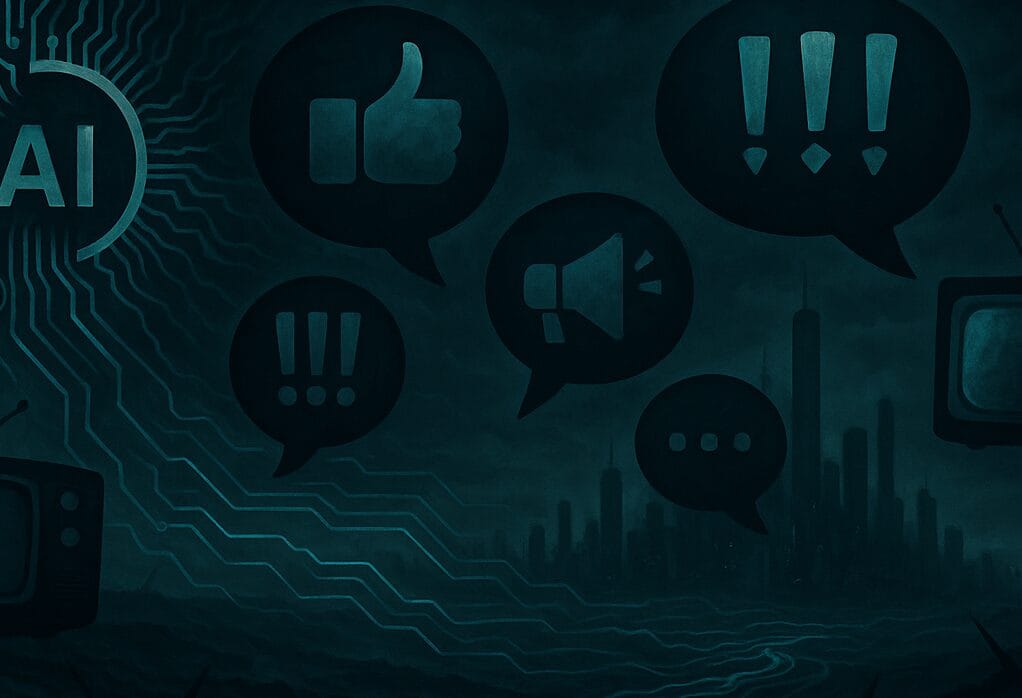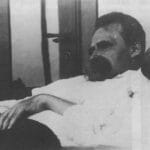When information becomes a weapon as dangerous as artillery, tools for analyzing fakes and other methods of information warfare are critical. A project was created specifically for these purposes War of Words, which helps track and study Russian television propaganda.
What is War of Words
War of Words in 2024 launched media manager and former Ukrainian Minister of Culture, Youth and Sports Vladimir Borodyansky. The main task of the service is to give researchers the opportunity to analyze official narratives broadcast through Russian television, Rutube and Telegram. Using large language models, War of Words monitors, transcribes, and translates transcripts of propaganda television programs into English. At the time of the project’s launch, the database contained transcripts of more than 100,000 hours of video since 2013, and since then the collection has only been expanded.
Interface and use
Although War of Words has an English-language interface, you can work with the database in both English and Russian. The search language can be selected from the drop-down menu on the right.
The main page by default shows a list of program transcripts for the last two weeks.
In the left menu there is a set of filters that limit the results of a search query. With their help, you can clarify which programs interest you over what period of time. Moreover, when transcribing, the tool identifies speakers and marks them in the transcripts - this gives the user the opportunity to choose one of the popular guests propaganda television shows and analyze his statements.
Also, under the search bar, you can select a full-text search (using all keywords in one source) or a semantic search (in this case, results with an inaccurate phrase may be displayed).
After applying filters, you receive a list of videos indicating the release date of the program, its name, channel and timing. By clicking on the program, a video will open with a full transcript and highlighted words that you were looking for. To the right of the video there is a link to the original source and a button to copy the link to a specific program. If the speakers in the video are identified in the system, then you can watch all the episodes with their participation.
In the basic version, you can also estimate the frequency of use of certain words or phrases over a given period. To do this, open the Dashbord tab in the user menu in the upper right corner.
In the extended version of the tool, which can be accessed on request, it is also possible to upload transcripts and graphs for advanced analysis.
Restrictions
- The main limitation is chronological. Ukrainian developers have understandably focused on Kremlin propaganda since 2013, when Euromaidan began in their country. However, it appears that work is also underway to digitize earlier content: when checking the tool before writing this text, we also found archives for 2009.
- Not all speakers who may be of interest to propaganda researchers are identified in the system. In addition, the artificial intelligence that collects and decrypts programs may make mistakes and not immediately recognize some propagandists even already known to the system.
- The database includes programs from only five Russian television channels: First, Rossiya-1, NTV, TVC and Zvezda - although many others are also involved in disseminating propaganda. For example, the list does not include Tsargrad, which plays an important role in the creation and dissemination of fakes and disinformation.
Who will benefit from the tool?
Anyone who studies Russian propaganda and generally conducts linguistic and/or semantic analysis of news and analytical content on Kremlin-controlled TV channels and other resources. At the same time, it does not matter how interested the researcher is in the rhetoric of the Russian authorities regarding Ukraine - the long-term archive covers everything that was said on Russian television (taking into account channel restrictions) and about other countries that at different times became the target of propagandists.
An example of a search for stories about a biological laboratory in Kazakhstan






